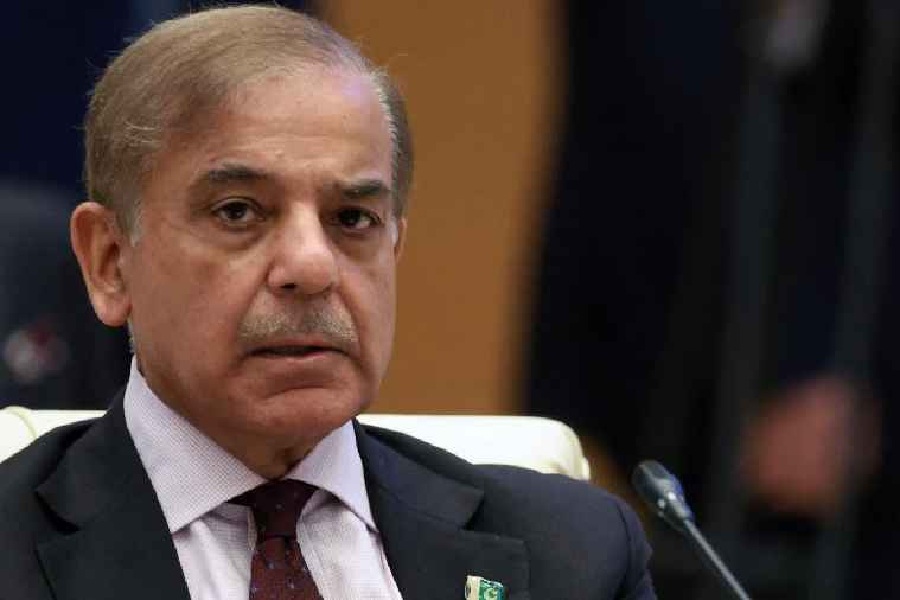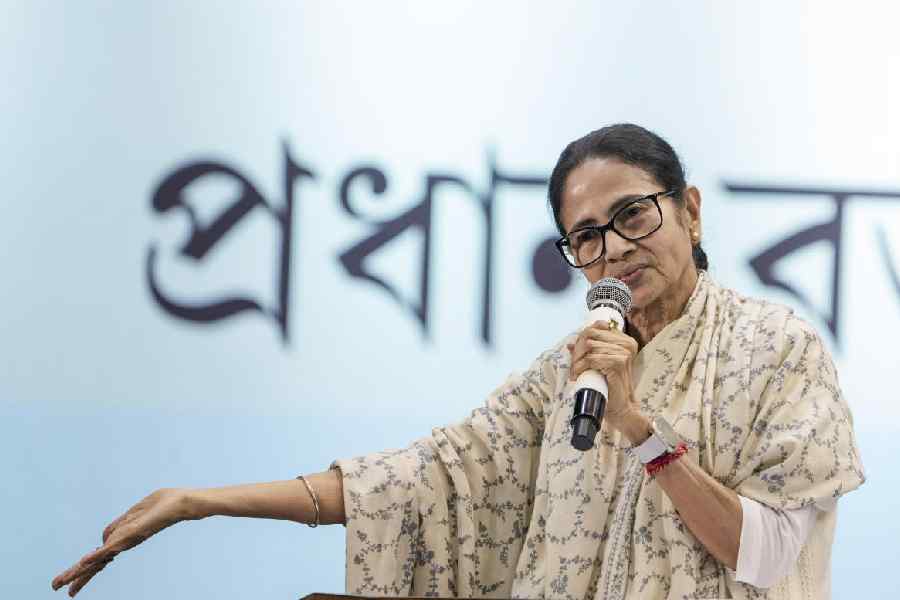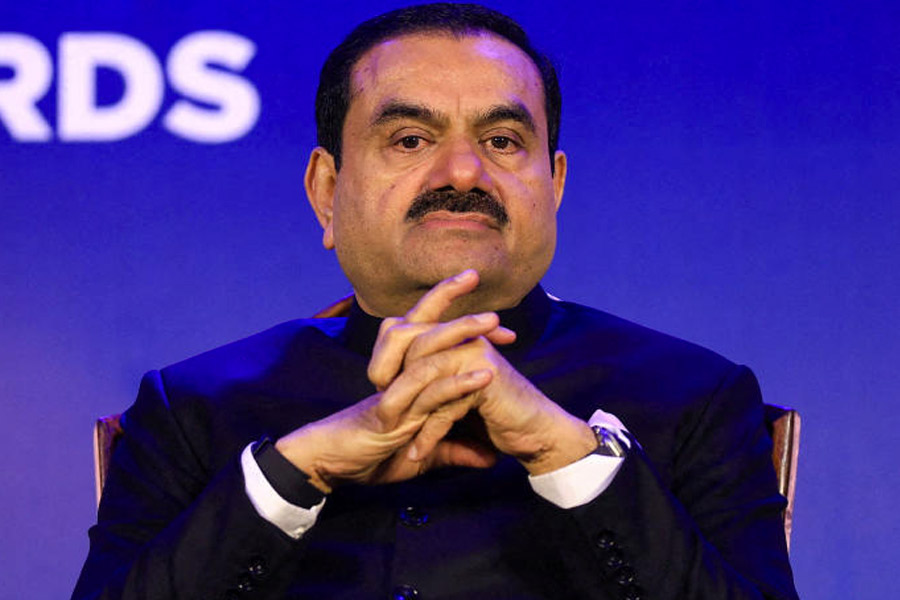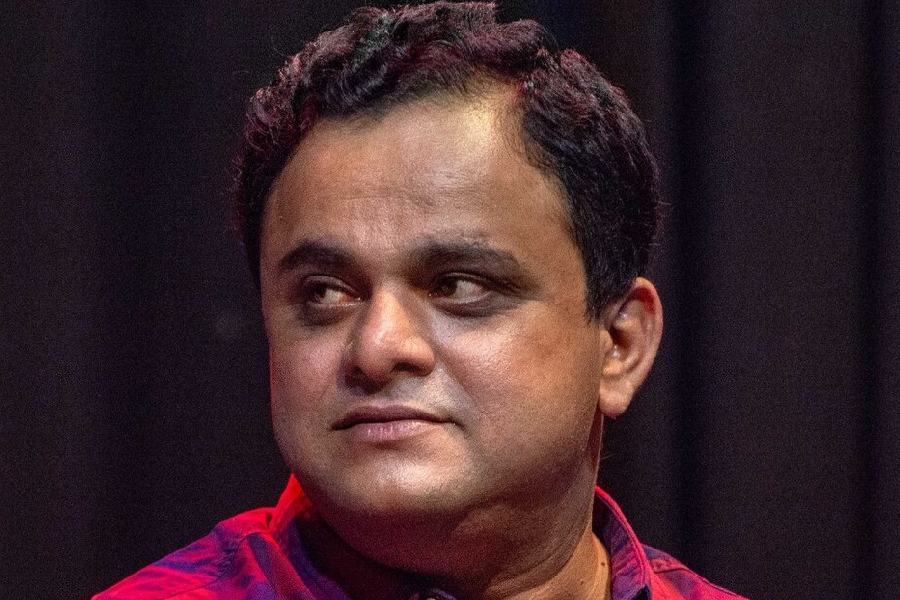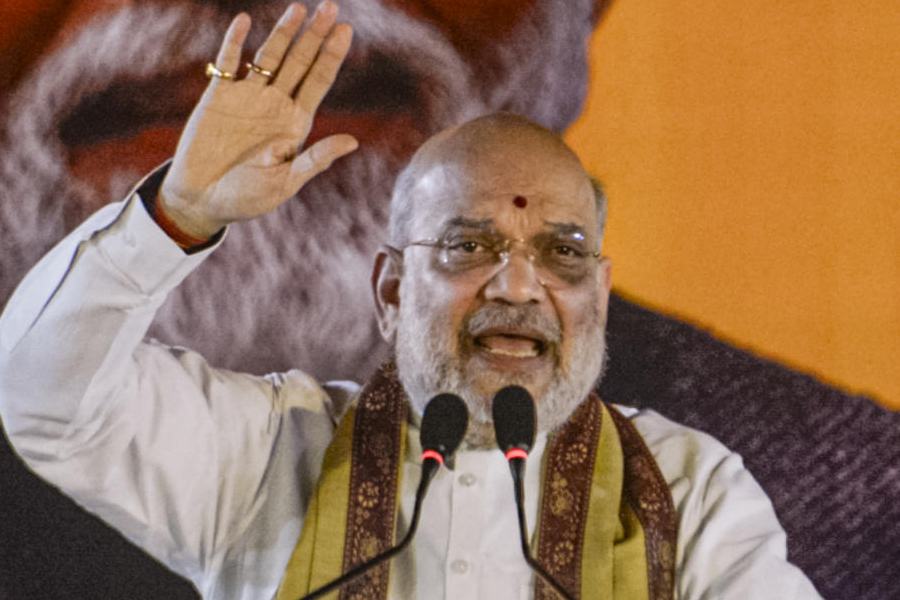Over 100 retired civil servants, including some of the most respected figures in the foreign policy and security firmaments, on Saturday wrote an open letter to Prime Minister Narendra Modi seeking withdrawal of a rule that is widely perceived as an undeclared gag on them.
An amendment to the Central Pension Rules makes it necessary for bureaucrats who have retired from intelligence or security-related departments to take clearance from the department concerned before commenting on matters falling in that domain.
“We are unable to understand why there is a need for such an amendment to the Central Pension Rules, when there already exists an Official Secrets Act 1923 and the State can, under it, prosecute officials and former officials who reveal information prejudicial to the State,” the retired bureaucrats said in the letter, written under the banner of their collective, Constitutional Conduct.
The signatories to the letter include former national security adviser Shivshankar Menon, former adviser to the Prime Minister T.K.A. Nair, former home secretary G.K. Pillai, former foreign secretary Shyam Saran, former defence secretary Ajai Vikram Singh, and the former officer on special duty in the PMO for Kashmir, A.S. Dulat.
They have said the recent amendment to the Central Pension Rules attempts to impose silence that will seriously affect scholarship and become a permanent impediment to an understanding of the imperatives of India’s security concerns.
“Officers who have spent a lifetime in security-related matters are unlikely to be irresponsible and reveal sensitive secrets. The laudable objective of ensuring that retirees do not divulge any sensitive material to the detriment of the nation’s security is best achieved by reiteration of the Official Secrets Act and stern action thereunder in case of infraction,” the letter says.
It underlines that the practice of retired bureaucrats writing their memoirs or articles on different aspects of their work or commenting on current affairs using their “domain” knowledge is universal and is appreciated the world over.
“Only those who have been involved in security-related matters, internal or external, can speak with authority and credibility. Other domain experts, scholars and even interested members of the public look forward to such words of wisdom based on personal experience. It helps current practitioners to perform better.”
The new amendment, the letter says, goes beyond the aborted bid by the UPA government to introduce similar restrictions in 2008 on officers who had served in the Intelligence Bureau and the Research and Analysis Wing (RAW). Consequent to the amendment brought in by the Modi government, retired bureaucrats who do not fall in line run the risk of having their pension withheld or withdrawn.
“Pension is a right that accrues to every government servant for the service put in while in the government. It is subject only to future good conduct and cannot be taken away except for conviction for serious crime or grave misconduct. If writing about certain matters amounts to grave misconduct, the government can certainly take action, as per law, to deprive the former official of his or her pension,” the letter states, iterating that laws of the land predating the amendment notified on May 31, 2021, empower the government to take action.
If the government is anxious to protect national security in keeping with the times and the Constitution of India, it should carry out wide-ranging consultations with political and civil society as well as the legal fraternity to find a replacement for the Official Secrets Act, which itself conflicts with Article 19 of the Constitution, the letter adds.



